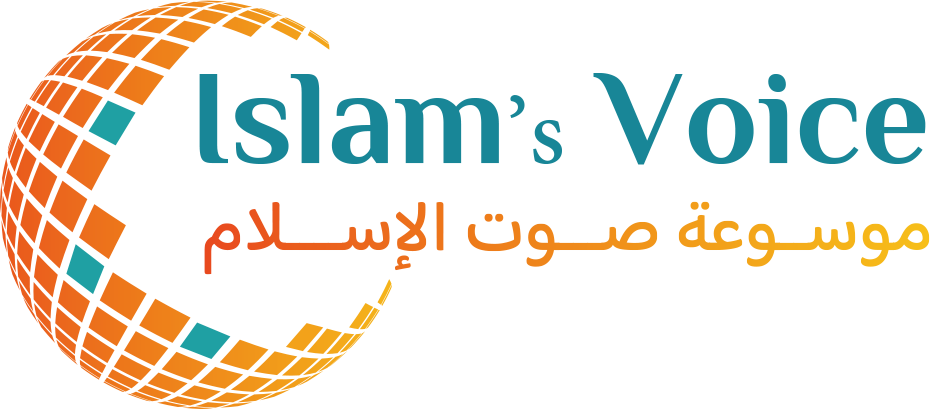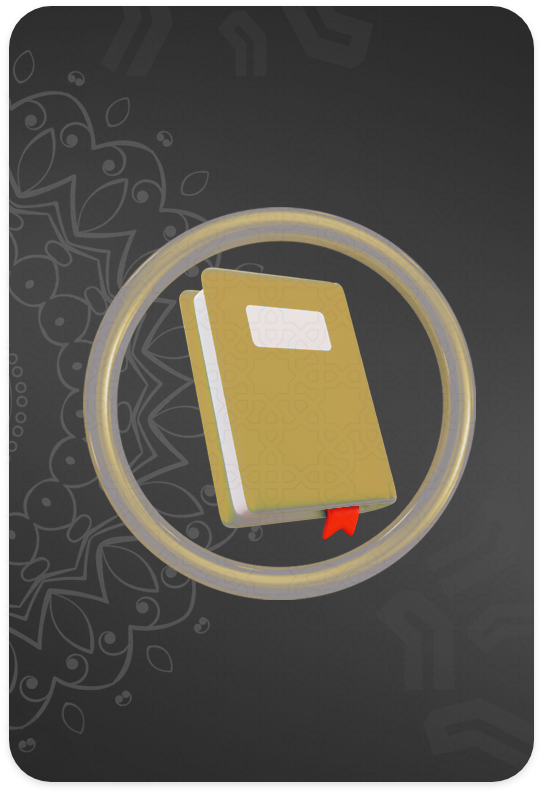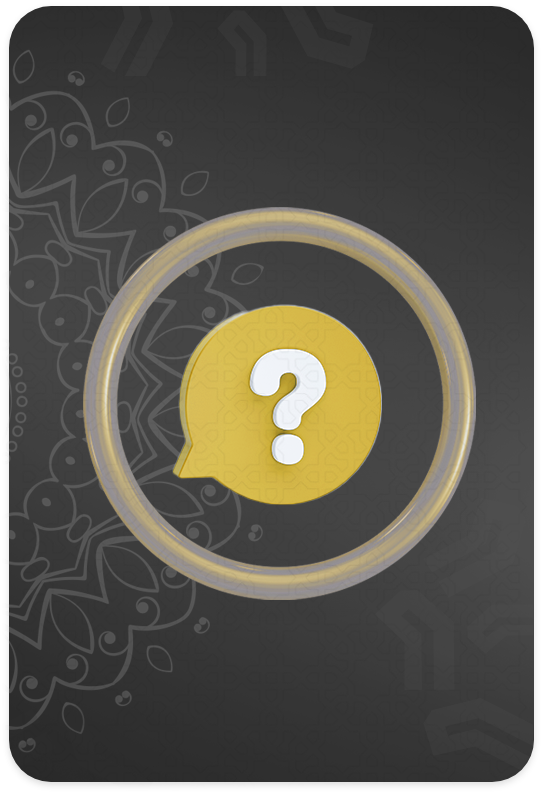Offering Eid Prayer Alone at Home
This subject translated into
Categories
Sources
Full Description
Offering Eid prayer alone at home
صلاة العيدين للمنفرد في البيت
By:
Muhammed Salih Al-Munajjid
Offering Eid prayer alone at home
Is it permissible for me to offer Eid prayer at home because I cannot go to the mosque because of my health?.
Praise be to Allah.
The Eid prayer is an individual obligation (fard 'ayn) for every man who is able to do it, according to the more correct of the two scholarly opinions, as we have stated in the answer to question number 48983.
If you cannot go to the prayer because of your health, then you do not have to do anything. But is it prescribed to do it at home? There is a difference of opinion among the fuqaha' concerning that, but the majority are of the view that that is prescribed, unlike the Hanafis.
Al-Muzni narrated from al-Shaafa'i (may Allah have mercy on him) in Mukhtasar al-Umm (8/125): He may offer the Eid prayer on his own in his house, as may the traveller, the slave and the woman. End quote.
Al-Kharashi (Maaliki) said: It is mustahabb for the one who has missed the Eid prayer with the imam to offer this prayer, but should he do it in congregation or separately? There are two opinions. End quote from Sharh al-Kharashi (2/104).
Al-Mardaawi said in al-Insaaf (Hanbali): If he has missed the prayer (meaning the Eid prayer), it is mustahabb to him to make it up in the same manner (i.e., as the imam prayed it). End quote.
Ibn Qudaamah said in al-Mughni (Hanbali): He has the choice: if he wishes he may pray it on his own, and if he wishes he may pray it in congregation. End quote.
In al-Durr al-Mukhtaar ma'a Haashiyat Ibn 'Aabideen (2/175 – Hanafi) it says: He should not pray it on his own if he has missed it with the imam. End quote.
Shaykh al-Islam Ibn Taymiyah favoured the Hanafi view, and it was also regarded as more correct by Shaykh Ibn 'Uthaymeen (may Allah have mercy on him), as it says in al-Sharh al-Mumti' (5/156).
In Fataawa al-Lajnah al-Daa'imah li'l-Iftaa (8/306) it says: Eid prayer is a communal obligation (fard kifaayah): if it is undertaken by enough people, the sin of not doing it is waived from the rest.
If a person misses it and wants to make it up, it is mustahabb for him to do that, so he should pray it in the proper manner but without a khutbah following it. This is the view of Imam Maalik, al-Shaafa'i, Ahmad, al-Nakha'i and other scholars. The basic principle concerning that is the words of the Prophet (blessings and peace of Allah be upon him): “If you come to the prayer then come walking, calmly and with dignity. Whatever you catch up with, pray, and whatever you miss, make it up." And it was narrated from Anas (may Allah be pleased with him) that if he missed the Eid prayer with the imam, he would gather together his family and freed slaves, then his freed slave 'Abd-Allaah ibn Abi 'Utbah would stand up and lead them in praying two rak'ahs, saying the takbeers in them. If a person arrives on the day of Eid when the imam is delivering the khutbah, he should listen to the khutbah, then make up the prayer after that, so that he may combine both benefits. And Allah is the source of strength. May Allah send blessings and peace upon Prophet Muhammad and his family and Companions. End quote.
Standing Committee for Academic Research and Issuing Fatwas
And Allah knows best.

 API
API



